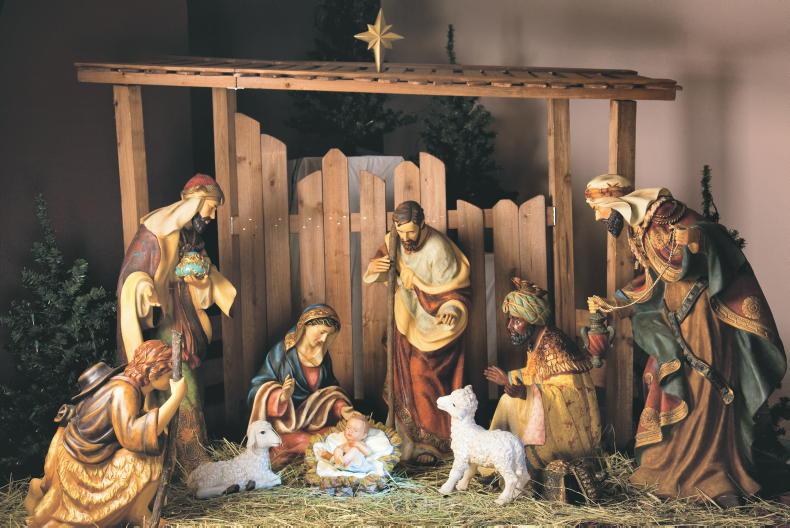Should couples combine their finances or keep them separate? How much are you saving for retirement? And why do you spend so much on [insert sport they barely play]?
Money can be a tricky topic to breach in any relationship, and while some questions feel awkward to ask, open communication and smart planning are the best investments you can make.
This Valentine’s weekend, financial planner and founder of prosperous.ie Eoin McGee gives Irish Country Living his top tips to help couples navigate money matters as a team.
From unpacking each other’s attitude towards money to managing farm accounts and running a business together, these tips will help couples to strengthen their relationship as well as their finances.
Communicate
“It’s all about communication. You’ve got to talk to each other,” says Eoin. He emphasises the importance of understanding your partner’s relationship with money by asking questions like, are you more of a saver or spender? Do you associate money with security or freedom? Do you follow a budget or track your spending?
“There are loads of opportunities in a relationship that allow us to talk to our partners about money. It doesn’t need to be a formal sit-down, it can be when you’re out for a walk, for example. We need to take advantage of them. It’s all about understanding what’s important to your partner, what’s important to you, and where the common ground is.”
Financial resentment often stems from repeated issues rather than a single incident, like who pays the restaurant bill. “The restaurant bill isn’t the problem. It’s the 50 other things that happened before that which made the restaurant bill a problem,” says Eoin.
Know what’s coming in and out
“If you think about the farm, it’s very personal and you’re completely and utterly absorbed by it. You’re literally living in the business,” says Eoin. That’s why taking control of finances is crucial.
“By managing your money, you become the boss of it. You can quickly figure out, will I make it to my next cheque? How far ahead am I covered? Ideally, you want to be three to six months ahead.”
Eoin recommends tracking finances to get a comprehensive overview of where your money is actually going.
“This could be done with a piece of paper or if you’re comfortable going with Excel spreadsheets or apps, even better. One of the apps that I find really good on the personal side is YNAB [You need a budget]. What I like about it is that it doesn’t really matter who you’re banking with. Every morning you can open up the app and all your transactions from yesterday will be in there.”
By tracking finances, you can very quickly identify the “leakage” – money spent unnecessarily.
Look at the long term
When it comes to working together and the day-to-day running of the farm, which is also a business, clear roles are essential. “Identify all the jobs and recognise who’s going to do what. Jobs still have to be done and it shouldn’t be left to one person.”
However, particularly in a rural setting, try and take a step back from the business from time to time and think, where do we want to be in six months? Where do we want to be three years from now? What are we doing today to get there? What has to be different?
Learn from others
When it comes to money, it is important to get out of your own head. Talk to somebody else, ideally your partner, friends or financial experts.
“You and your partner can benefit from talking to your accountant or someone else who is running a similar business,” suggests Eoin. “Or go to a conference and talk to other people and see what they’re thinking.”
“It’s about trying to learn from others, observing what’s going on around you and trying to see what other opportunities are out there. If one of you is doing the actual farming, could the other person be taking responsibility for doing some research and investigating different income avenues, like solar panels or forestry?”
Factor in fun
Eoin recommends not just planning for the rainy days. “We’re always planning for the problems, but you need to sit down and build in a reward. Plan a weekend away or something you can look forward to after a tough patch in the season. Plan these for quieter times of the year.”
“I believe spending money on experiences with loved ones is the best way to use money to make you happy. When you’re slogging away within the family business, you need to create the reward, not just work non-stop.”
He encourages couples to celebrate the effort put into each year’s work by planning well-deserved breaks or special experiences to enjoy.
Eoin McGee is a financial planner and founder of prosperous.ie









SHARING OPTIONS